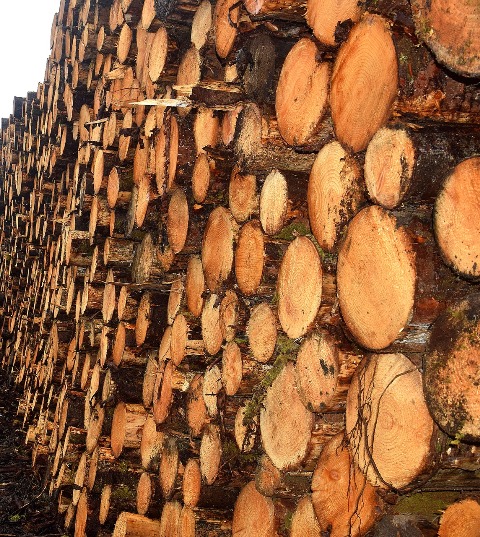New bill introduced to counter trade in illegally harvested timber
Under the Bill, timber harvested in New Zealand and overseas, and used in products made here or imported, will have to be verified as being legally harvested.

- Country:
- New Zealand
New Zealand is committing to trade only in legally harvested timber with the Forests (Legal Harvest Assurance) Amendment Bill introduced to Parliament today.
Under the Bill, timber harvested in New Zealand and overseas, and used in products made here or imported, will have to be verified as being legally harvested.
“The new system will strengthen the reputation of our forestry and wood processing exports, safeguard our market access, and reduce the risk that we import illegally-harvested timber,” Stuart Nash said.
“Our historic Emissions Reduction Plan released this week has spelled out how every sector, including forestry, can play its part to better prepare for a low-emissions future and protect our economic security.
“Global consumers want assurances about our high-quality primary products. The illegal harvesting of wood is a significant problem globally, contributing to deforestation, degradation of ecosystems, and damaging economic and social impacts.
“Voluntary measures have been in place for around twenty years but protections are incomplete. Under the new legislation, log traders, primary processors, exporters, and importers will apply to MPI to be registered in the legal harvest system.
“The system establishes regulations and requirements to confirm timber sourced here and overseas is harvested in compliance with the relevant laws. Anyone purchasing timber and timber products must produce information showing this is the case.
“All registered parties will need to put in place a due diligence system, which MPI will provide guidance on, and which will be regularly assessed. Their names will appear on an online public register administered by MPI. They can also apply for an Exporter Statement which they can use for overseas market access purposes.
“This information provides evidence of harvest legality when sending product overseas and to their customers. Around a third of our timber or timber product exports go to markets with wood legality assurance requirements.
“Under the Bill, trees or timber products are deemed legal if they are harvested by a person who has a legal right to harvest the trees or plants for use or sale, and the person complies with laws in the place where the harvest occurs.
“This is verified through a declaration the logs are being legally harvested and through due diligence systems. If the harvest occurs in another country or jurisdiction, relevant laws or rules in that location would be applied to specified products imported here.
“The regulatory system contributes to New Zealand and international initiatives to counter trade in illegally harvested timber.
“The Ministry for Primary Industries (MPI) currently uses interim arrangements with several key trading partners to provide assurance. The bill provides a long-term solution to meet the requirements of trading partners for a robust legal harvest system and to give confidence and certainty to the forestry and wood-processing sector
“With increasing international efforts to ensure that traded timber products are from legally harvested timber, we need a robust legislative framework that supports continued market access for our exporters while also preventing the import into New Zealand of illegally harvested timber products,” Stuart Nash said.
(With Inputs from New Zealand Government Press Release)










